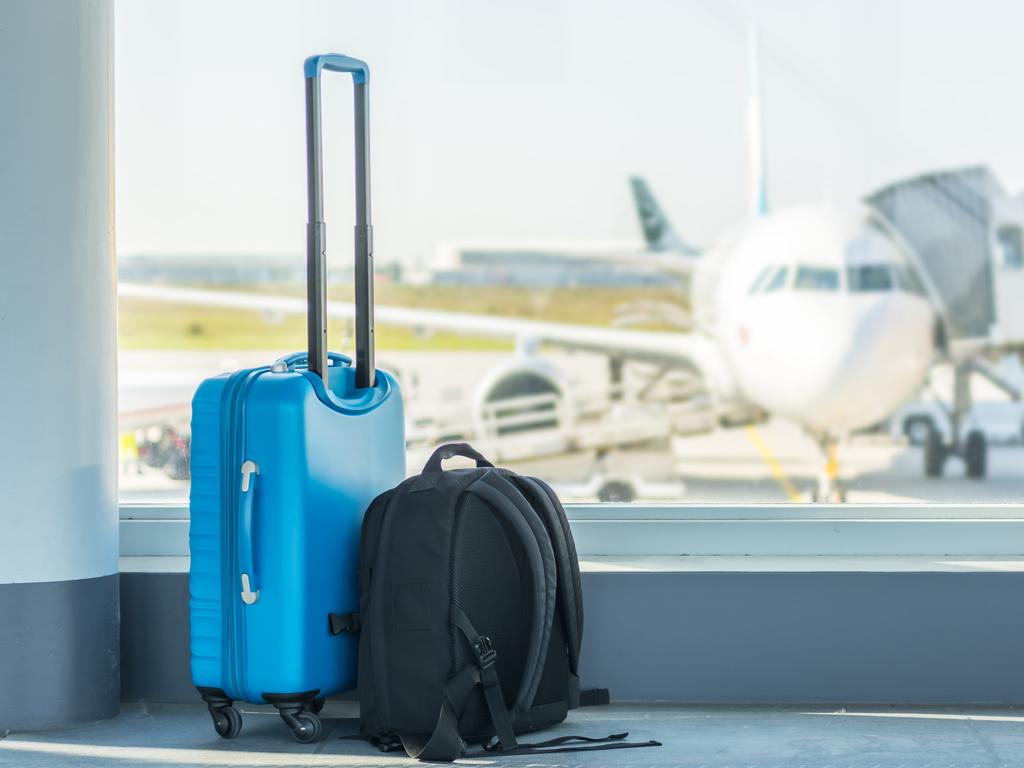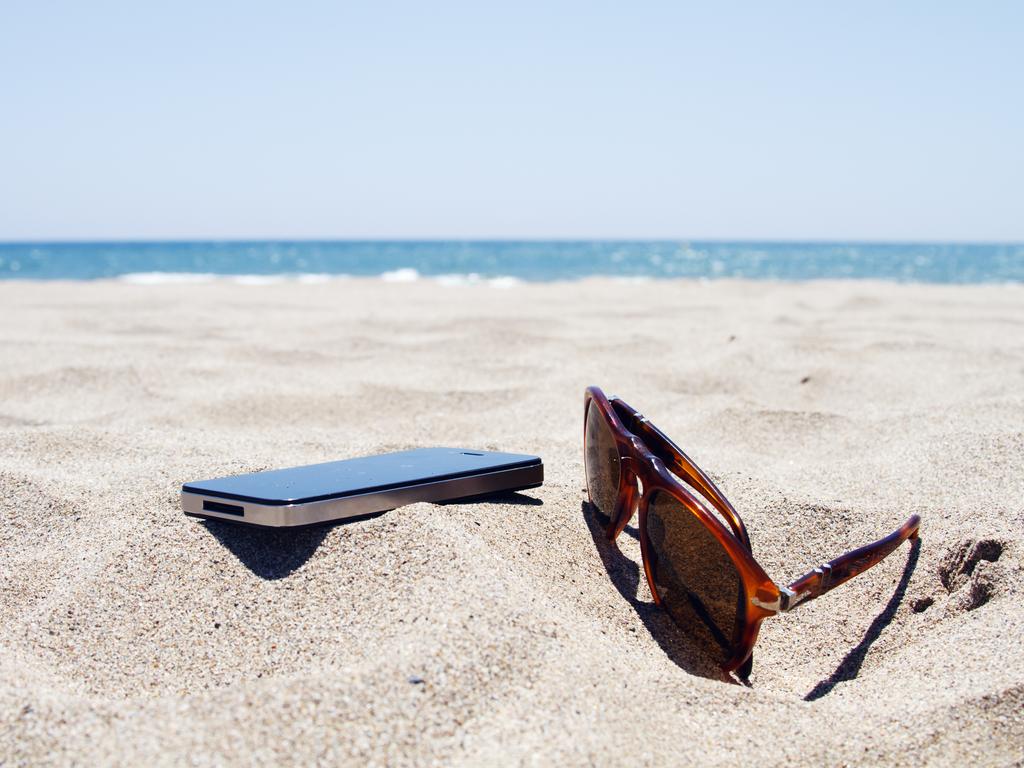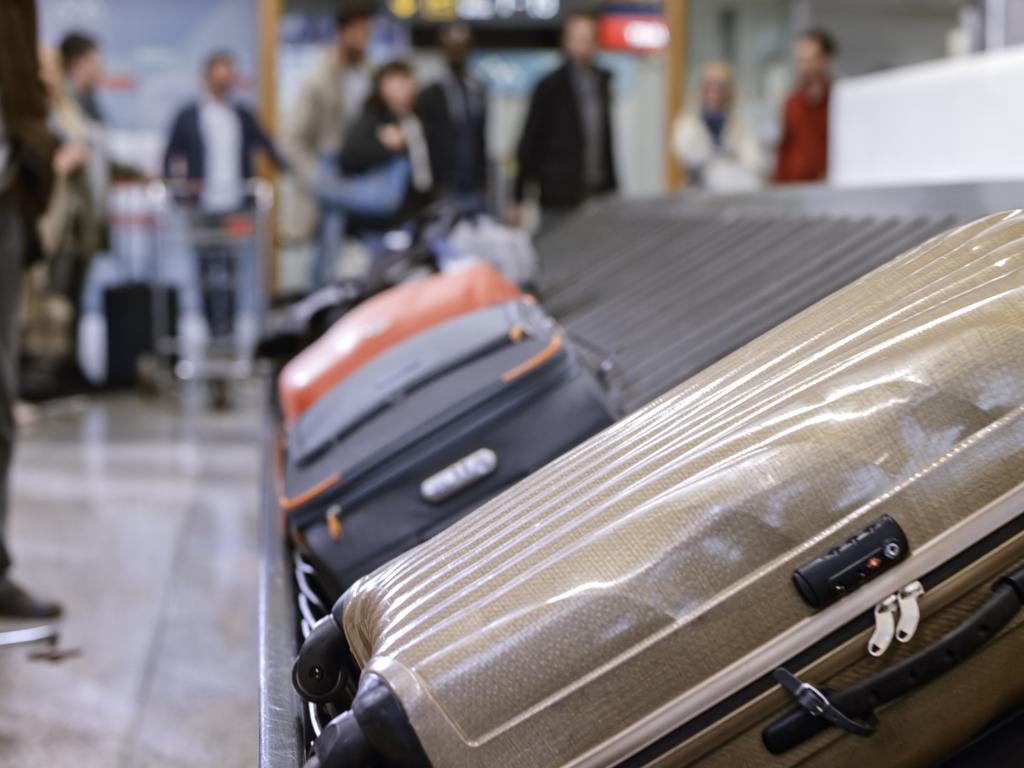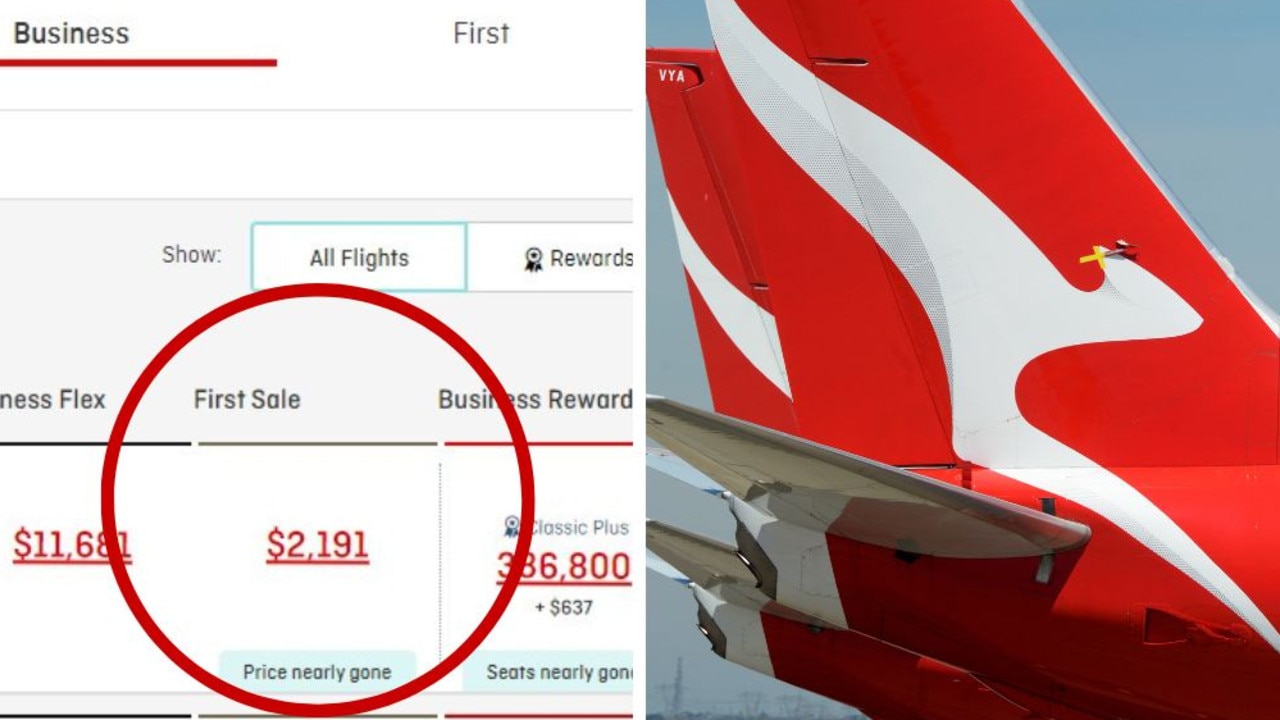The travel insurance theft clause catching out Aussie travellers
A travel insurer says Australians are often surprised to learn of a clause in holiday insurance policies that may mean loss and theft aren’t covered.

Most of us buy travel insurance to protect us from loss or theft of our belongings on holiday. But a sneaky clause in the policies may catch people out when they’re trying to make a claim.
Some 66 per cent of Australian travellers are motivated to buy insurance to cover luggage and personal belongings, according to Comparetravelinsurance.com.au research.
The company’s director, Natalie Ball, told news.com.au few of those travellers were aware their belongings would not covered if they were left unattended.
“By definition, ‘unattended items’ refers to personal belongings not under your observation,” Ms Ball explained.
“In terms of travel insurance small print, it could also refer to items left behind in a taxi, your hire car, a plane seat pocket or rest room.
“Insurers need to know that you’re taking reasonable steps to protect your belongings, which is difficult to establish when you’ve left them unattended in a public place.”

She said while it might seem unfair, insurers were simply mitigating risk.
“When your belongings are improperly attended to, or at a high risk of theft, cover will often be denied,” she said.
“We’re in the customer’s corner and aim to inform and educate travellers. Most travellers are not aware of this exclusion.”
Comparetravelinsurance.com.au said in a recent example a retired couple from Australia was left frustrated when they were caught out by the exclusion on a European holiday.
The wife accidentally left a $700 red jacket on the back of a restaurant chair, and the restaurant couldn’t find it when they called to ask about it later.
When the couple got back to Australia and made a claim, it was denied on the grounds the jacket had been left in a public place.
“In (this) case, it’s hard to dispute the fact that the item was left unattended in a public place,” Ms Ball said.

She said insurers would usually assess individual cases on their merits.
“There are scenarios which would almost always be covered — for instance, getting robbed on the street or unexpectedly losing your wedding band in the sea,” she said.
“Provided you were taking reasonable steps to prevent these events from occurring, you’d be covered by travel insurance.”
It’s also important to remember that insurers need evidence, so in cases of loss or theft, provide receipts as proof of ownership and a written report from the police or relevant authority within 24 hours.
OTHER THINGS THAT MAY CATCH YOU OUT
Luggage lost or damaged in transit
Ms Ball said luggage that went missing or got damaged while in the care of the airline or transport provider would not usually be covered by travel insurance.
“As a rule, if the airline or transport provider loses or damages your luggage, they are responsible for compensating you,” she said.
“If the airline rejects your claim or doesn’t offer you as much as you think your luggage was worth, you can then take the matter to your insurer.”

Smartphones
Not all insurers cover smartphones, so shop around. Very often exclusions also apply to cracked screens.
Very expensive items
In another recent example provided by Comparetravelinsurance.com.au, a traveller who recently lost her $6000 wedding ring only got $750 back from her insurer.
The customer believed she should have received more as her policy stated she had luggage and personal effects covered up to $15,000.
Ms Ball said that was another catch: According to the woman’s policy, the most her insurer would actually pay for individual items was limited to $750.
“When your policy says it covers for a total of $10,000 make sure you read the policy wording to understand individual item claim limits,” she said.
“As an example, laptops and cameras will usually be covered for up to $3000 and all other items for up to $1000. If you are planning on travelling with items that fall outside of these sub-limits, look for a policy that allows you to add these items on to your policy separately.”
Check item exclusions
Fragile items, sporting goods (while in use), drones and bicycles are commonly excluded from cover, so check the product disclosure statement before you buy.
Items devalue over time
Luggage and personal effects are covered only for their depreciated value, unless you purchase additional cover. When buying clothes and shoes on a trip, keep the receipts in a safe place to prove the items are new.



